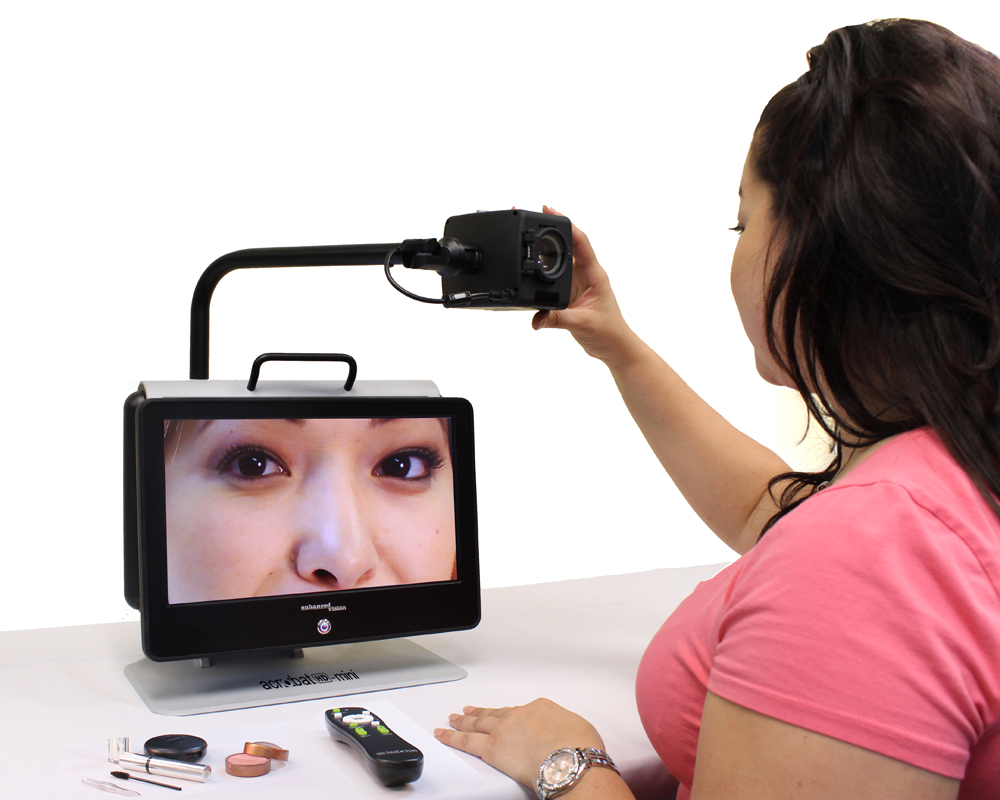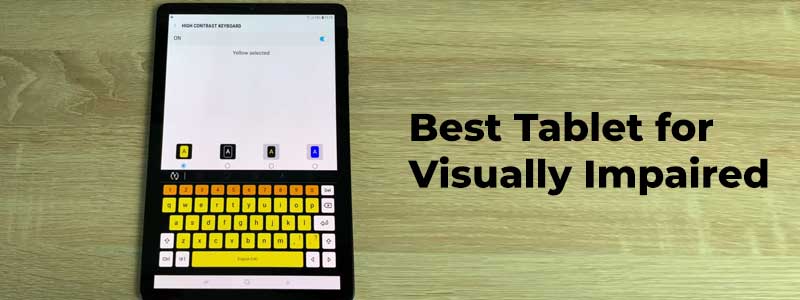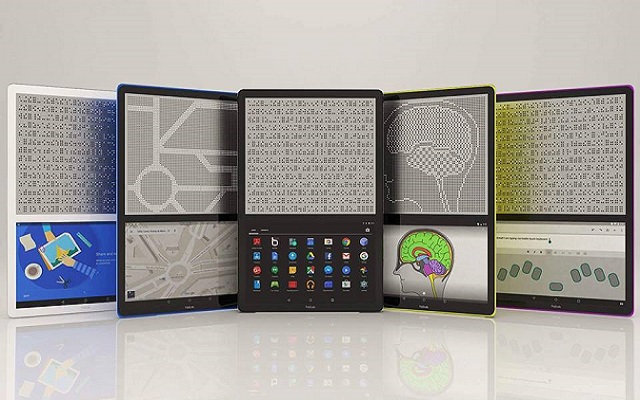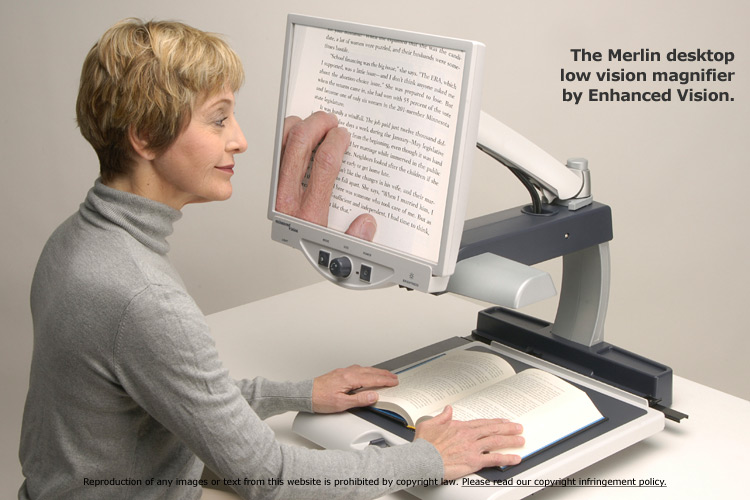Best Tablet For Low Vision
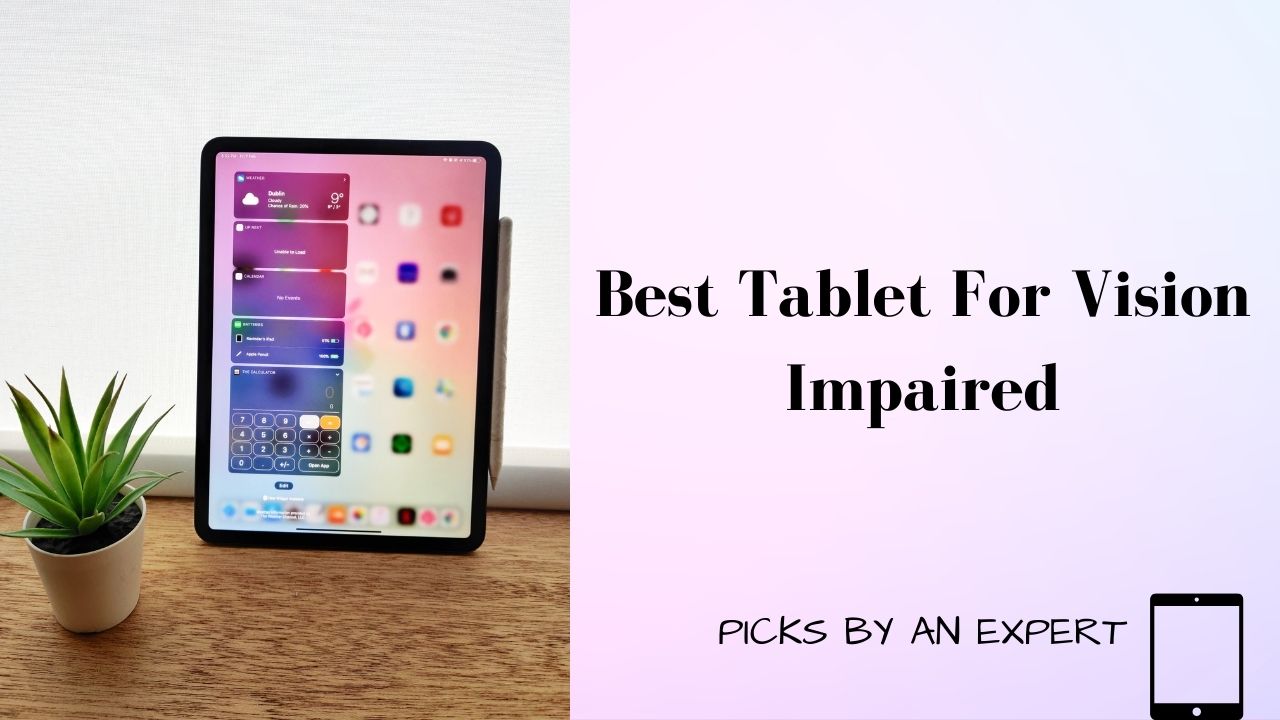
Imagine struggling to read a recipe, enjoy a favorite book, or video chat with loved ones because of low vision. Tablets can be a game-changer, offering accessibility features like adjustable font sizes, screen magnification, and voice control. Finding the right tablet can significantly improve daily life, making digital content more accessible and enjoyable.
This review is for value-conscious shoppers with low vision. We'll explore tablets that offer excellent accessibility without breaking the bank. Our focus is on features, performance, and affordability, ensuring you find the perfect device to meet your needs and budget.
Why Tablets Matter for Individuals with Low Vision
Tablets provide a large, customizable screen that can be adapted to individual vision needs. The portability of tablets allows users to access information and entertainment anywhere. This offers a significant advantage over desktop computers and traditional print materials.
Key accessibility features include text magnification, screen readers, and voice control. Many tablets also offer customizable color contrast and display settings. These features can greatly enhance readability and usability for people with low vision.
Shortlist of Recommended Tablets
Best Overall: Apple iPad (9th Generation)
The iPad (9th Generation) offers a great balance of performance, features, and accessibility at a reasonable price. Its excellent software support and intuitive interface make it a top choice.
Best Budget Option: Amazon Fire HD 10
The Amazon Fire HD 10 is an affordable option with surprisingly good performance for its price. While its accessibility features are not as advanced as the iPad, it still offers text scaling and screen magnification.
Best for Android Users: Samsung Galaxy Tab A8
The Samsung Galaxy Tab A8 provides a user-friendly Android experience with good accessibility settings. Its vibrant display and reliable performance make it a strong contender.
Detailed Reviews
Apple iPad (9th Generation) - The Gold Standard
The Apple iPad (9th Generation) stands out with its exceptional performance and user-friendly interface. Its Retina display offers excellent clarity, while iPadOS provides robust accessibility features. These include VoiceOver screen reader, Magnifier, and Display & Text Size adjustments.
The iPad's intuitive navigation and powerful processor make it suitable for various tasks, from reading e-books to video conferencing. Its long-term software support ensures it will remain up-to-date with the latest accessibility improvements. This makes the iPad a valuable investment.
Amazon Fire HD 10 - Budget-Friendly Powerhouse
The Amazon Fire HD 10 is an excellent choice for budget-conscious users. It features a large, bright display and offers basic accessibility features. These include font size adjustment and screen magnification.
While it may not have the advanced accessibility tools of the iPad, the Fire HD 10 provides a comfortable reading experience. It supports popular apps like Kindle and Libby for accessing e-books and audiobooks. Its affordability makes it accessible to a wider range of users.
Samsung Galaxy Tab A8 - Android Accessibility
The Samsung Galaxy Tab A8 offers a solid Android experience with good accessibility options. One UI provides features like High contrast fonts, Color inversion, and Color adjustment. These features enhance visibility and reduce eye strain.
The Galaxy Tab A8's vibrant display and responsive performance make it suitable for web browsing, media consumption, and communication. Its integration with the Google Play Store provides access to a wide range of accessibility apps.
Side-by-Side Specs Table
| Feature | Apple iPad (9th Gen) | Amazon Fire HD 10 | Samsung Galaxy Tab A8 |
|---|---|---|---|
| Display | 10.2-inch Retina | 10.1-inch FHD | 10.5-inch FHD |
| Processor | A13 Bionic | Octa-Core | Octa-Core |
| RAM | 3GB | 3GB | 3GB |
| Storage | 64GB/256GB | 32GB/64GB | 32GB/64GB |
| Accessibility | VoiceOver, Magnifier, Display & Text Size | Text Scaling, Screen Magnification | High Contrast Fonts, Color Inversion, Color Adjustment |
| Performance Score (Out of 10) | 9 | 7 | 8 |
Practical Considerations
When choosing a tablet for low vision, consider display size and resolution. A larger screen with higher resolution can significantly improve readability. Adjustable brightness and color temperature settings are also important for reducing eye strain.
Evaluate the accessibility features offered by the operating system. Features like screen readers, text magnification, and voice control are crucial. Ensure the tablet supports the apps and services you rely on daily.
Battery life is an important factor, especially for users who need to use their tablet for extended periods. Also, consider the weight and ergonomics of the device. This makes it comfortable to hold and use for long durations.
Key Takeaways
Selecting the best tablet for low vision requires careful consideration of accessibility features, performance, and budget. The Apple iPad (9th Generation) offers a superior combination of performance and accessibility. The Amazon Fire HD 10 provides an affordable option with basic accessibility features.
The Samsung Galaxy Tab A8 delivers a user-friendly Android experience with good accessibility settings. Consider your specific needs and budget when making your decision. Thoroughly evaluate each tablet's features to ensure it meets your requirements.
Make an Informed Decision
Choosing the right tablet can dramatically improve the digital experience for individuals with low vision. Carefully consider the accessibility features, performance, and your budget.
Visit the manufacturers' websites or local electronics stores to experience these tablets firsthand. Read user reviews and compare specifications to make an informed decision.
Invest in a tablet that empowers you to stay connected, informed, and entertained. Start exploring the options today!
Frequently Asked Questions (FAQ)
Q: What is the most important accessibility feature for low vision?
A: Text magnification and screen readers are often the most critical features. The need varies depending on the individual's specific visual impairment.
Q: Can I use a Bluetooth keyboard and mouse with these tablets?
A: Yes, all three tablets support Bluetooth connectivity for external keyboards and mice. This can improve usability for some users.
Q: Are there apps specifically designed for people with low vision?
A: Yes, many apps offer accessibility features like large print, high contrast themes, and screen readers. Explore the App Store and Google Play Store for options.
Q: How do I adjust the font size on these tablets?
A: Font size adjustments are typically found in the Accessibility settings within the tablet's operating system. Each operating system differs slightly.
Q: Where can I find more information about accessibility features?
A: Visit the manufacturers' websites (Apple, Amazon, Samsung) for detailed information about their accessibility features. You may also find information on low vision advocacy websites.

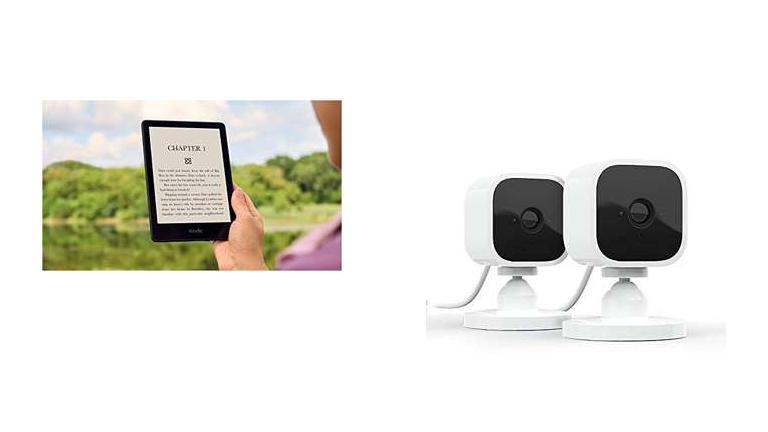


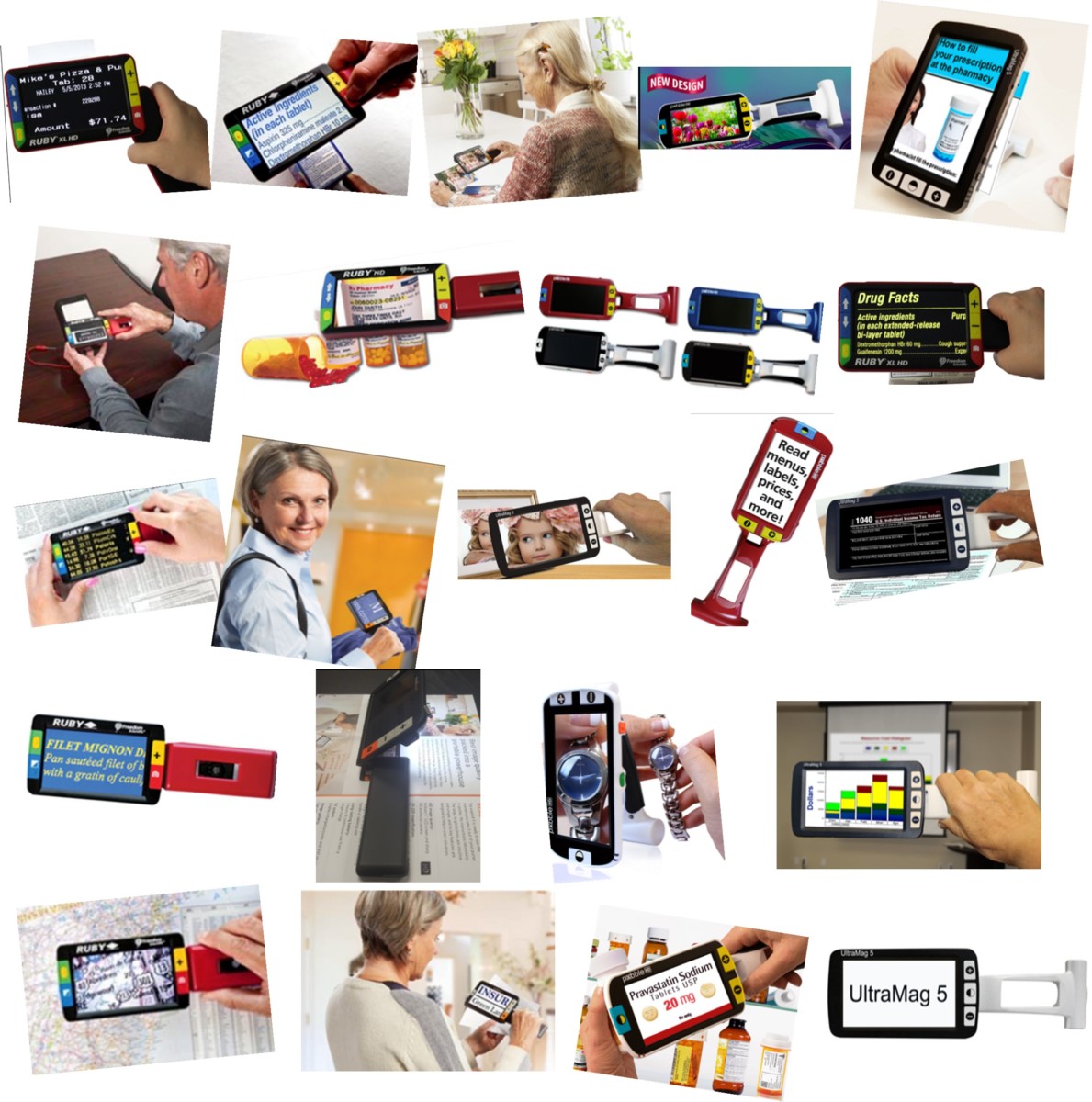
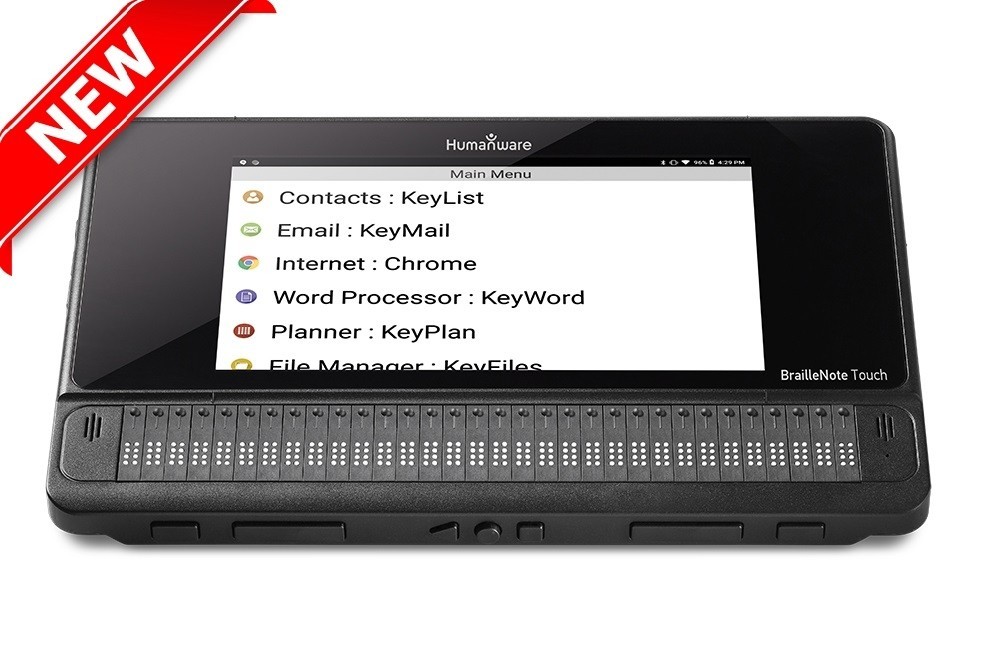
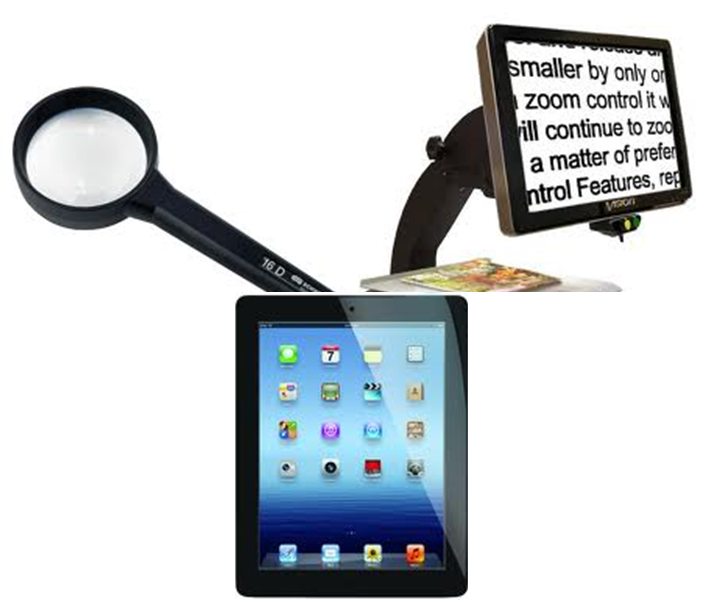
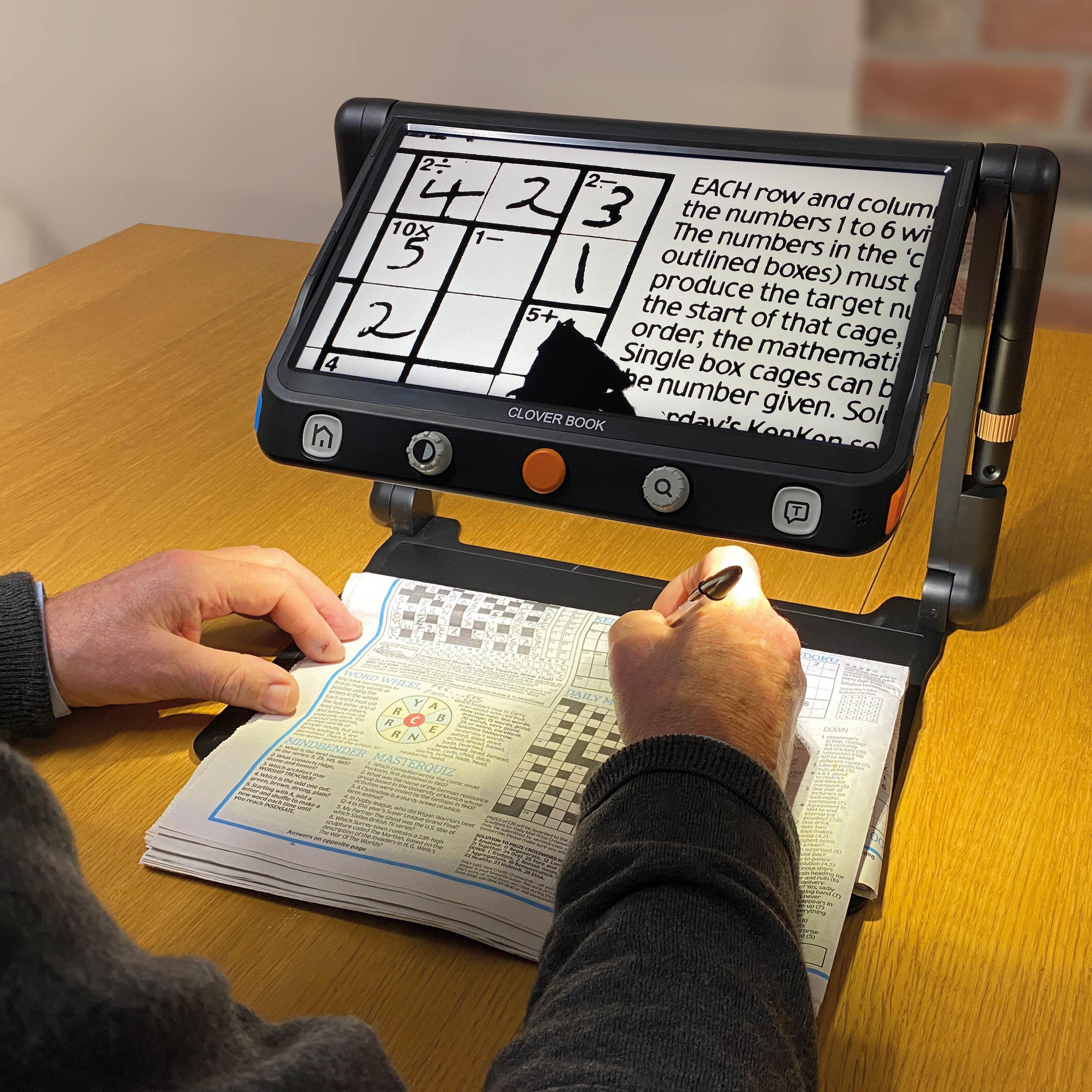

![Best Tablet For Low Vision 5 best tablets for visually impaired [Low Vision]](https://cdn.windowsreport.com/wp-content/uploads/2019/11/Best-tablets-for-impaired-vision.jpg)
